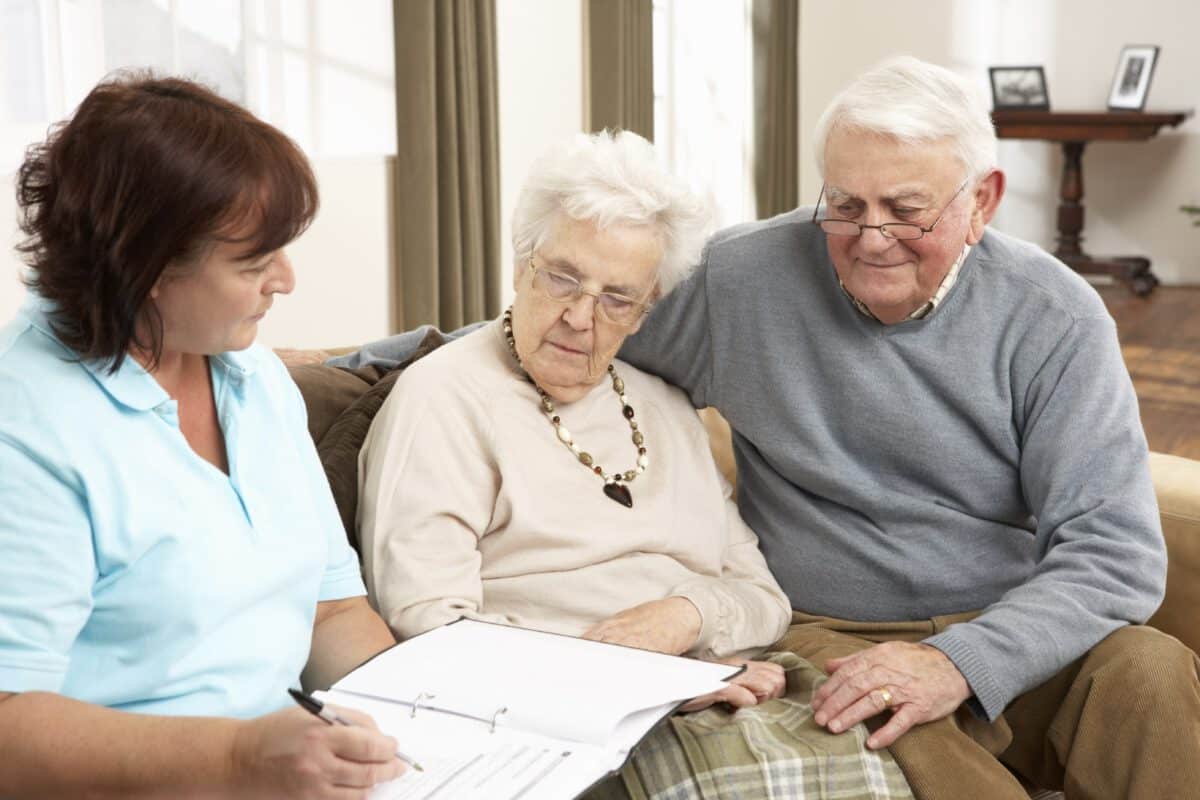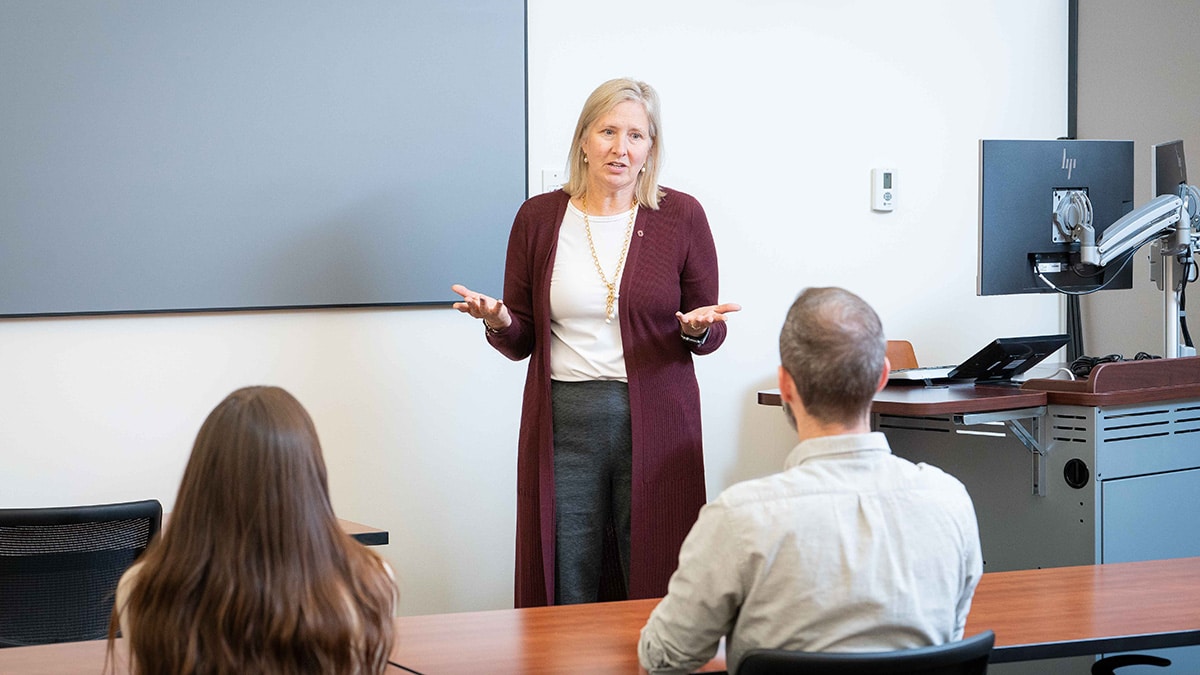Dementia: Using Gems to Uncover Clarity
By Sally TomkoDecember 2, 2021
You may be interested in:

Articles
Using Resources to Help Choose Home Care
Home health care agencies can provide care to a loved one right in his or her own home. They offer a wide range of services such as physical therapy, occupational therapy and skilled nursing care. Receiving care in the home still offers the same effective care one would receive in a hospital or nursing facility, while typically being more cost-effective and convenient. Finding which home health agency to use for a loved one can be a daunting task. However, there are resources out there that can help ease the stress of finding the best home health care for a loved one.

Articles
Using Team Meetings to Develop a Dementia Care Strategy for a Loved One
An individual with dementia or Alzheimer’s disease often requires a village of caregivers to help take care of their needs during different stages of the disease. Whether they be family caregivers or providers, caregivers must always be vigilant to make sure their loved one is well cared for and protected.

Articles
5 Tips to Help our Loved Ones with Using Telephones
For many of our loved ones, hearing and vision problems develop over time and create problems when they want to use the telephone. When a loved one has challenges that cause them to avoid using the phone, tension can ensue. We can help our loved ones retain their independence with these tips for addressing the many different challenges that may cause a loved one to stop using the phone.

Videos
Using Best Programs for Caregiving as a Resource for GUIDE Model Implementation
Take a tour of the innovative Best Programs for Caregiving (BPC) website, a free online directory that for the first time brings together nearly 50 evidence-based dementia caregiving programs (bpc.caregiver.org). In addition to a demo, you’ll learn how the database can be used as a valuable resource for GUIDE Participating Sites and Care Navigators to learn about and incorporate evidence-based programs to support GUIDE Model implementations.

Articles
Bringing Exercise to Dementia Care
As caregivers, it can be challenging to keep a loved one engaged in healthy activities because of a lack of endurance, soreness or general lack of interest. Yet encouraging loved ones to participate in these activities can be important to improving their health and wellness. According to the National Institute on Aging and the Alzheimer’s Association, staying active has numerous benefits for people with dementia.

Articles
Taking ACTION to Manage Dementia Care
Caring for a loved one with dementia can oftentimes go hand-in-hand with challenging situations that may lead us to feel stress and uncertainty about how to manage our loved one’s care. It can become overwhelming, especially for one person, but there are steps we can take to minimize the burden and make progress. Action planning gives us guidance and support to meet our caregiving needs and manage our loved one’s care by breaking down larger goals into small, manageable steps towards solutions to potential challenges.

Articles
What to Know About Recent Government Policies to Support People with Dementia and their Caregivers
The Untied States government has always been a key player in the fight against dementia, but recently it has made an even greater national commitment to address this serious threat to national health. We outline just three recent dementia-related public policies that older adults with dementia and their caregivers should know.

Articles
Access to Resources in Ohio for Individuals Living With Dementia and Their Caregivers
Since 2022, Benjamin Rose Institute on Aging has partnered with Ohio State University, the Ohio Department of Aging, and several other aging organizations throughout the state to develop critical resources for individuals living with dementia and their family and friend caregivers. This partnership has led to the creation of Ohio’s first Alzheimer’s Disease and Other Dementias Statewide Resource Program, offering both virtual and in-person access to training, resources, and research on dementia and dementia care.







